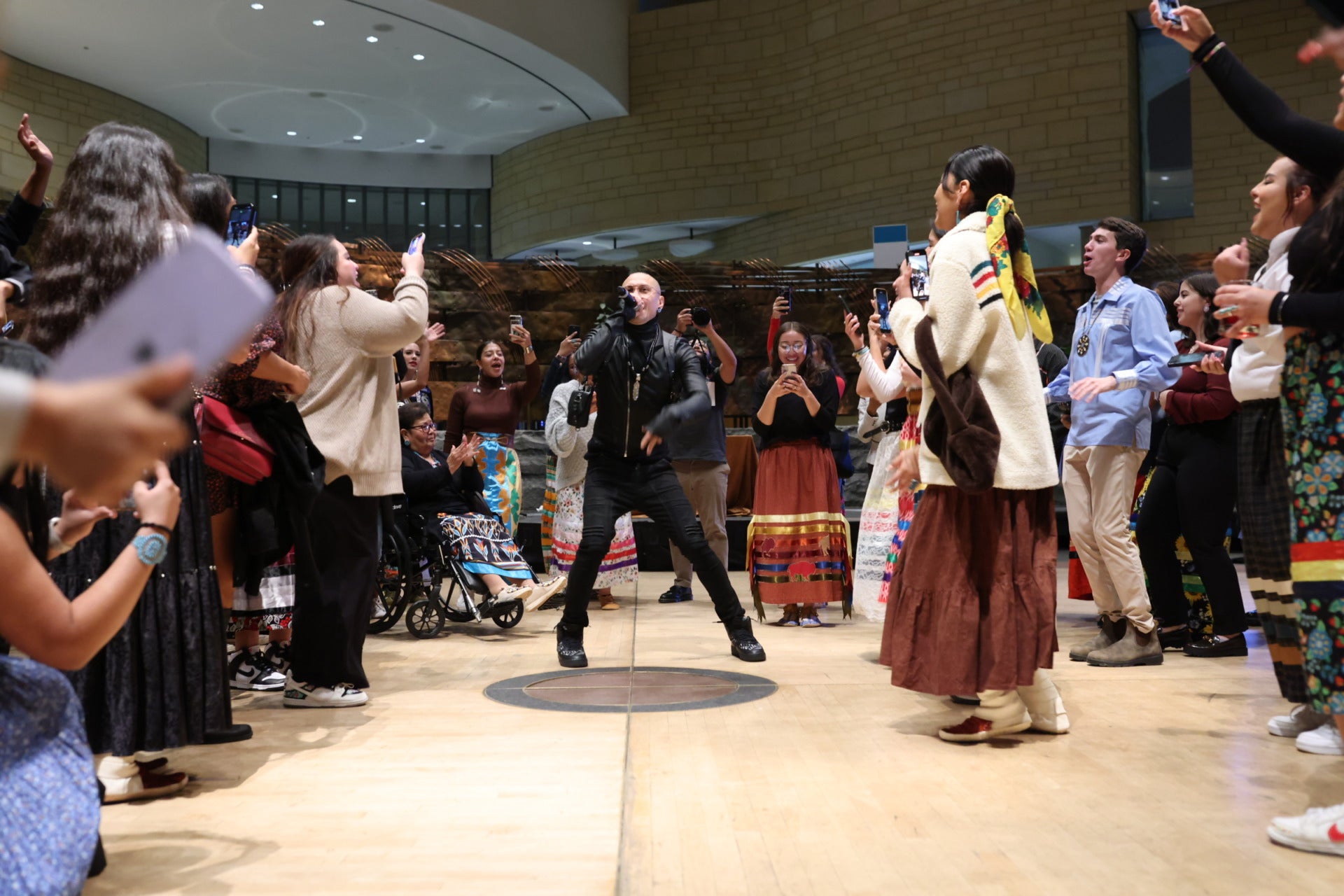There is a tremendous need to focus resources and investment on creating opportunities and better outcomes for Native American youth.
Thirty-seven percent of American Indian children live in poverty. The rate of Native American children in foster care is higher than twice the national average. The suicide rate for Native youth is also more than double the national average.
As we work to improve these statistics, we must consider how to better utilize existing policies and resources to ensure better outcomes for Native children. One of the most important tools available to help Native youth and communities is the Indian Child Welfare Act (ICWA), passed by Congress in 1978.
ICWA was a landmark piece of legislation designed to protect vulnerable children and their families. It places a strong emphasis on keeping Native children within their family bonds, tribe and culture. The law provides a consistent, transparent and deliberative legal framework designed to make the best decisions in complex and emotionally charged cases involving the custody, health and well-being of children. ICWA helped replace a patchwork, case-by-case approach to addressing Native child welfare issues with a strong example of what works best for children.
In April, at a White House convening on increasing investment in Native American youth and communities led by the Center for Native American Youth, the importance of ICWA could be felt in the poignant experiences shared by a former foster youth and in First Lady Michelle Obama’s comments about the long history of systematic discrimination and abuse directed at Indian Country.
“Let me offer just a few examples from our past, starting with how, back in 1830, we passed a law removing Native Americans from their homes and forcibly relocating them to barren lands out west. The Trail of Tears was part of this process,” said Mrs. Obama. “Then we began separating children from their families and sending them to boarding schools designed to strip them of all traces of their culture, language and history. And then our government started issuing what were known as ‘Civilization Regulations’ – regulations that outlawed Indian religions, ceremonies and practices – so we literally made their culture illegal.”
ICWA was a sincere effort to reverse this damage, and the law reflects best practices in child welfare by working to safely reunite children with their own mothers and fathers when it is safe to do so. And the law ensures that new families can be successfully created if adoption is the best option. ICWA requires that both parents knowingly and voluntarily give up their parental rights and have a reasonable time to reconsider before adoption is finalized.
As a national operating foundation focused on safely reducing the need for foster care, Casey Family Programs has been a supporter of ICWA for many years. Unfortunately, compliance with ICWA’s provisions has been inconsistent in many jurisdictions, leading some to not respect tribal sovereignty or ensure due process, and sometimes leading to the placement of Native children at great distances from their families, tribes and reservations.
ICWA is once again in the news, as recent steps by the Bureau of Indian Affairs to strengthen compliance have been met with challenges from some groups. Rolling back the law’s protections and standards would be a blow to effective child welfare practices nationwide.
The passage of ICWA nearly four decades ago spurred significant improvements for vulnerable Native American children and families and went a long way to prevent the unnecessary break up of families who are struggling but doing their best to provide for their children.
It is time to elevate the focus and resources dedicated to Native American youth and communities, who deserve our attention now.

